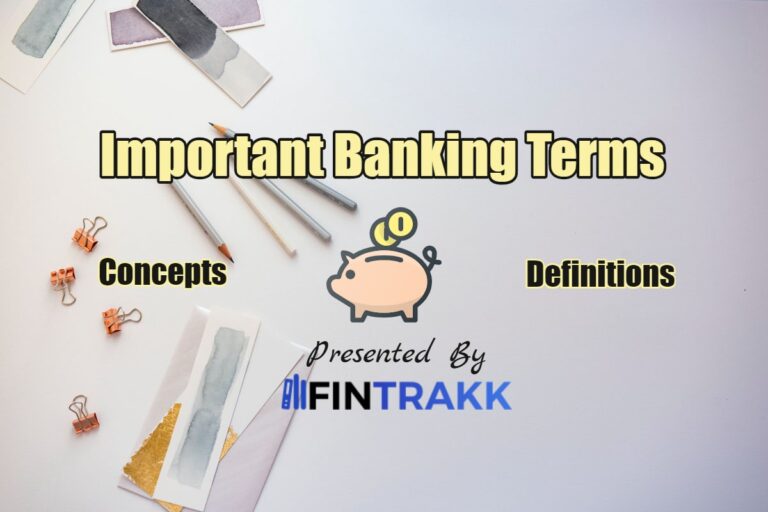When considering investments, there can be an overwhelming array of choices that overwhelm us. From Bank FDs and Mutual Funds, Stocks, Credit Unions to Intermediaries that act as mediators between investors and financial institutions for mutual gain – there’s so much that’s out there that can overwhelm. But don’t worry: we have you covered here at one place with everything we have available here for you.
Let’s delve deep into a world in which your money works for you instead of against you! Let’s discover all there is to know about making sure it does!
Financial Intermediaries: What and How They Operate A financial intermediary is an institution that acts as a go-between in financial transactions. Simply put, they facilitate lender-borrower meetings as well as buyer-seller exchanges without either party needing to meet face to face; creating economies of scale while saving both time and effort by acting as middlemen in transactions. They accept deposits from depositors while paying them interest on them in return.
Financial intermediaries play an essential role in channeling savings into investments by lending deposits at higher interest to borrowers at a margin they maintain, creating profits for themselves in return. Financial intermediaries serve as important intermediary tools that facilitate savings being channeled into investments.
John has some extra cash on hand and decides to open a bank Fixed Deposit that earns him 6% interest. Meanwhile, Mike seeks a loan for downpayment on his dream house from the same bank; Mike receives an interest-bearing loan that has to pay 8%. Here, Mike’s lender serves as an intermediary and keeps 2% for itself as its profit margin.









+ There are no comments
Add yours